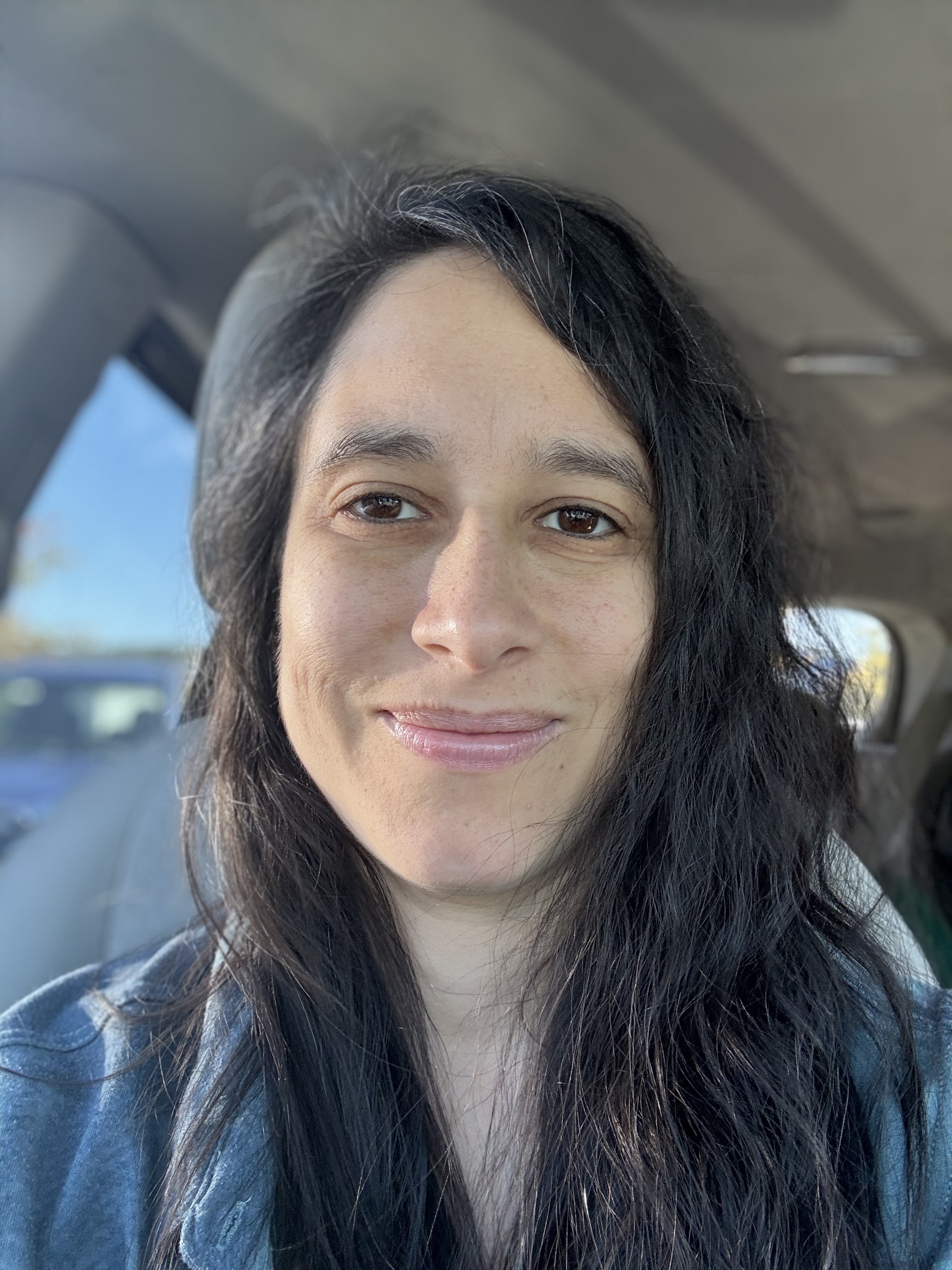You Need Friends!

~ TRIBUTE TO MASCULINITY EPISODE (WEEK 8)~
Our world is increasingly connected through technology, yet simultaneously experiencing unprecedented isolation levels. Jake Thurston's research on friendship couldn't be more timely. The fascinating discovery that America was experiencing a "loneliness epidemic" long before COVID-19 struck reveals a troubling truth about our modern society: we've been drifting apart for decades.
--------------------------
WHAT'S DISCUSSED IN THIS EPISODE?
- This epidemic isn't just affecting our emotional well-being—it's killing us. Scientific research demonstrates that chronic loneliness significantly impacts physical health, weakening our immune systems and increasing rates of anxiety and depression. When we lack meaningful connections, our bodies enter a state of chronic stress, interpreting isolation as a survival threat, which triggers a cascade of negative physiological responses.
- Loneliness is particularly interesting because it doesn't necessarily correlate with being physically alone. Many people surrounded by others, even celebrities adored by millions, experience profound loneliness. This paradox occurs because genuine connection requires vulnerability and being fully known by others, not just proximity. As Thurston eloquently says, "The depth of your friendships depends on the depth of yourself you're willing to share."
- The cultural roots of our loneliness crisis run deep into American individualism. American culture celebrates independence and self-reliance, unlike collectivist cultures that prioritize group cohesion and family connections. While individualism offers freedoms and opportunities, it comes at a significant cost: our social fabric has unraveled since the 1980s. From how we design our homes (with privacy-focused backyards rather than community-oriented front porches) to how we structure our careers (often requiring relocation away from support networks), our culture subtly encourages isolation under the guise of personal advancement.
- For men, the friendship crisis is particularly acute. Socialized from childhood to suppress emotions and project strength, many men struggle with vulnerability. The idea of opening up about personal struggles feels not just uncomfortable but threatening to their identity. Yet Thurston observes that the most spiritually grounded men he knows are also capable of emotional openness. This suggests that vulnerability, rather than weakness, may represent a deeper form of courage.
- Practically speaking, friendship requires intentionality. In our busy lives, meaningful connections rarely happen accidentally—we must make space for them. For men, side-by-side activities often create safer contexts for vulnerability than face-to-face conversations. Whether working on a project together, fishing, or watching sports, these shared experiences can open doors to deeper conversations that might feel too intense in a coffee shop setting.
- The spiritual dimension of friendship shouldn't be overlooked. The concept of "spiritual friendship"—a practice rooted in ancient Christian tradition—offers a model for relationships beyond superficial interaction. These friendships center on mutual growth, accountability, and shared purpose, creating spaces where we can be "naked and unashamed" with one another, just as humanity was designed to be in the Garden of Eden before shame entered the picture.
- The most encouraging aspect of addressing loneliness is that it lies primarily within our control. While we can't always prevent circumstances that lead to isolation, we can take proactive steps toward connection. We can begin breaking free from isolating patterns by recognizing our need for community, intentionally making time for relationships, practicing vulnerability, and surrounding ourselves with people who share our values and aspirations.
-------------------
FINAL THOUGHTS
As we navigate an increasingly digital and divided world, rediscovering the art of friendship may be one of the most radical and healing acts available to us. Our longing for connection isn't a weakness to overcome but a fundamental aspect of our humanity to embrace.








 5.00 (41 Reviews)
5.00 (41 Reviews)
